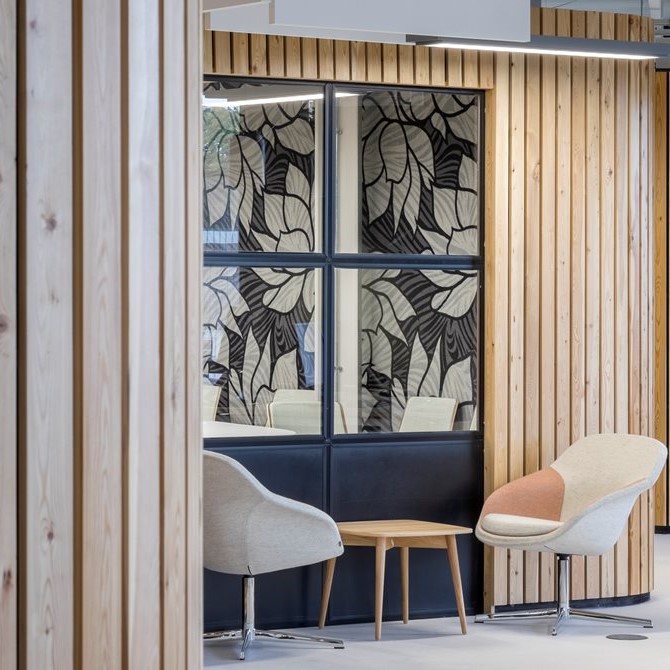To provide the best experiences, we use technologies like cookies to store and/or access device information. Consenting to these technologies will allow us to process data such as browsing behaviour or unique IDs on this site. Not consenting or withdrawing consent, may adversely affect certain features and functions.
The technical storage or access is strictly necessary for the legitimate purpose of enabling the use of a specific service explicitly requested by the subscriber or user, or for the sole purpose of carrying out the transmission of a communication over an electronic communications network.
The technical storage or access is necessary for the legitimate purpose of storing preferences that are not requested by the subscriber or user.
The technical storage or access that is used exclusively for statistical purposes.
The technical storage or access that is used exclusively for anonymous statistical purposes. Without a subpoena, voluntary compliance on the part of your Internet Service Provider, or additional records from a third party, information stored or retrieved for this purpose alone cannot usually be used to identify you.
The technical storage or access is required to create user profiles to send advertising, or to track the user on a website or across several websites for similar marketing purposes.
 Employees believe flexible working allows them to do their best work yet they also feel permanent connectivity is damaging their health, an international survey of more than 1,000 workers has suggested. In the study conducted by Quartz Insights in partnership with Citrix Systems, Inc, respondents ranked flexible working as the third most important factor – behind salary and leadership – enabling them to do their best work. However, two thirds also believed the “always on” mentality has a significant negative impact on their health. (more…)
Employees believe flexible working allows them to do their best work yet they also feel permanent connectivity is damaging their health, an international survey of more than 1,000 workers has suggested. In the study conducted by Quartz Insights in partnership with Citrix Systems, Inc, respondents ranked flexible working as the third most important factor – behind salary and leadership – enabling them to do their best work. However, two thirds also believed the “always on” mentality has a significant negative impact on their health. (more…)

































February 5, 2020
Bridging the gap between the reality and perception of engagement
by Callum Gill • Comment, Flexible working, Technology, Workplace